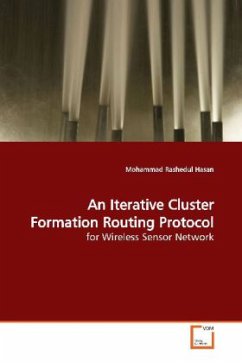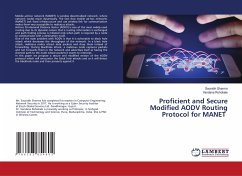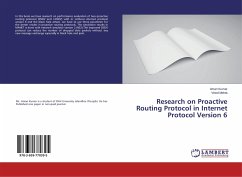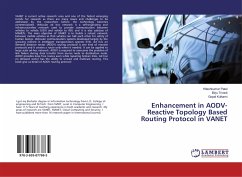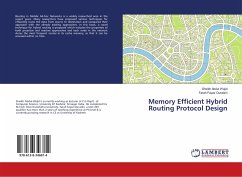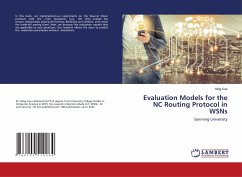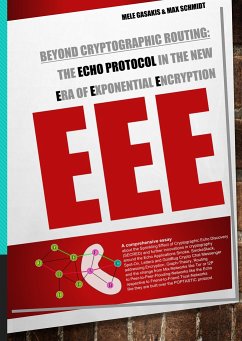The Wireless Sensor Network (WSN) gathers data
through the sensor nodes from an area of interest and
then processes it. The performance of WSN is,
however, constrained by limited energy supply,
requirement for collision free channel access and low
bandwidth. This book focuses on the network layer of
the OSI model and investigates some of the existing
cluster-based hierarchical protocols. One of the
problems of the existing algorithms is that the
generated clusters are not uniformly distributed.
Moreover, the optimum number of cluster formation is
not guaranteed. We have proposed a hierarchical
cluster-based algorithm called Iterative Cluster
Formation (ICF). ICF forms the clusters iteratively
and ensures a more uniform distribution of the
cluster heads. ICF manages to control the placement
of the cluster heads and guarantees an optimum number
of cluster heads. ICF pursues a hierarchical
clustering scheme which lowers the number of
high-range transmission. Simulation results show that
ICF performs better than the existing cluster-based
protocols in terms of reducing the energy dissipation
and increasing the network lifetime significantly.
through the sensor nodes from an area of interest and
then processes it. The performance of WSN is,
however, constrained by limited energy supply,
requirement for collision free channel access and low
bandwidth. This book focuses on the network layer of
the OSI model and investigates some of the existing
cluster-based hierarchical protocols. One of the
problems of the existing algorithms is that the
generated clusters are not uniformly distributed.
Moreover, the optimum number of cluster formation is
not guaranteed. We have proposed a hierarchical
cluster-based algorithm called Iterative Cluster
Formation (ICF). ICF forms the clusters iteratively
and ensures a more uniform distribution of the
cluster heads. ICF manages to control the placement
of the cluster heads and guarantees an optimum number
of cluster heads. ICF pursues a hierarchical
clustering scheme which lowers the number of
high-range transmission. Simulation results show that
ICF performs better than the existing cluster-based
protocols in terms of reducing the energy dissipation
and increasing the network lifetime significantly.

